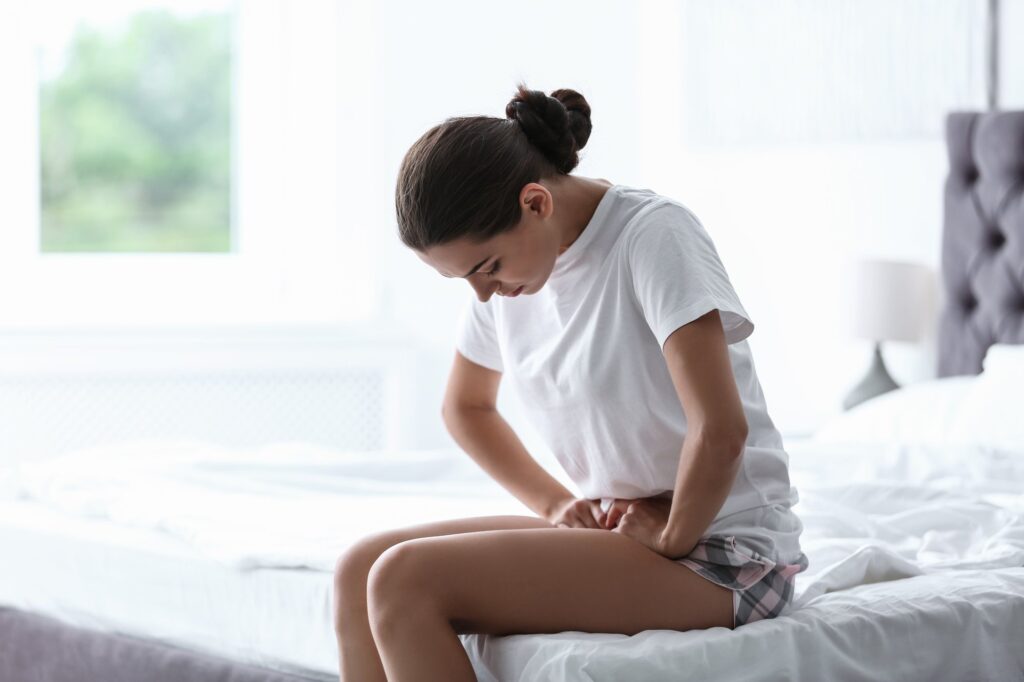
Many women experience abnormal or heavy periods throughout their lifetime. Around one-third of women will deal with irregularities with their flow and periods. While this is a common occurrence, it might show that you have uterine polyps.
Hysteroscopic polypectomy is a healthcare procedure your doctor can perform to easily remove uterine polyps. This blog will discuss some of the basic information about it so you can prepare yourself for future doctor appointments.

What Is a Hysteroscopic Polypectomy?
The hysteroscopic polypectomy procedure is minimally invasive. Your healthcare provider will use a hysteroscope, a thin telescopic device. They’ll insert the hysteroscope into the vagina, through the dilated cervix, and into the uterus.
Once the hysteroscope is placed in the uterus, images will be projected onto a monitor. Most patients won’t need to stay overnight in the hospital after the procedure since it usually lasts under 60 minutes.
Why Would I Need a Hysteroscopic Polypectomy?
This minimally invasive surgical procedure is often used to treat uterine fibroids and polyps. These growths can result in various symptoms, such as:
- Pelvic pain
- Heavy or abnormal bleeding
- Infertility
- Repeated miscarriages
Fibroids
These non-cancerous growths can range in size and can develop throughout the uterus. Only uterine fibroids that grow in the uterine space can be removed with a hysteroscopic polypectomy.
Polyps
Uterine polyps can grow in your uterus’s lining or the endometrium. Another term for them is endometrial polyps. The polyps can be small or larger than a golf ball.
Uterine polyps are very common in women, especially as they get older. Most women don’t realize that they have polyps.
How Long Is the Recovery Period?
You won’t experience a long recovery period after a hysteroscopic polypectomy. Some of the symptoms you might experience during hysteroscopic polypectomy recovery include:
- Back pain
- Low abdominal cramping
- Light bleeding or spotting
You can take over-the-counter pain medication to help ease your discomfort. Contact your doctor if you experience bleeding that’s heavier than your usual period. Your next period will start within four weeks or at its normal time.
Some activities you should avoid include:
- Strenuous exercise
- Inserting anything into your vagina for two weeks, such as tampons
- Engaging in sexual activity
Avoiding these things will help lower the likelihood of heavy bleeding and your risk of infection. There are a few things you can try to help you feel better, such as:
- Changing your sanitary pad three to four times daily
- Take a shower or bath
- Take it easy for a few days
Resting is key to preventing you from overexerting yourself.
Schedule a Women’s Health Appointment in Boise
It’s understandable to feel nervous and uncertain if you believe you have uterine polyps or fibroids. While a hysteroscopic polypectomy is a straightforward procedure, it might feel overwhelming. That’s why finding an experienced doctor is key.
Women’s Health Associates in Boise is here to guide you through the process. Whether you’re experiencing something unusual or need to schedule a routine exam, we’re here to help. Contact our office to book an appointment with one of our caring healthcare providers.

